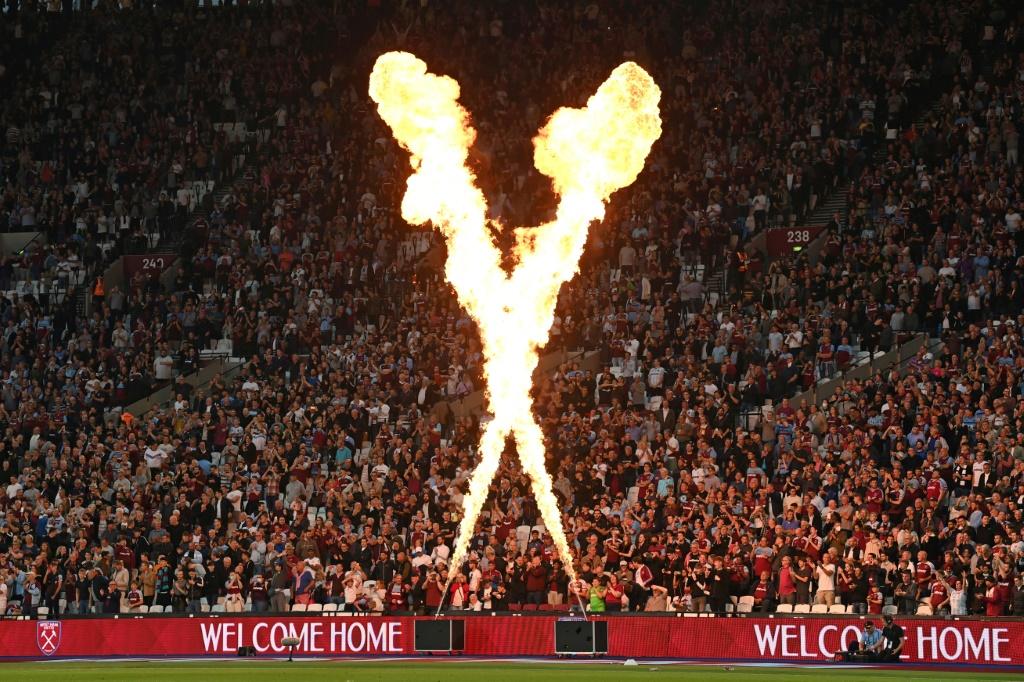
In what would be a massive development in football, Premier League clubs have come together and agreed to withdraw gambling sponsorship from the front of clubs’ matchday shirts.
As of now, there are eight of the 20 clubs in the Premier League with gambling companies as shirt-front sponsors: Bournemouth, Brentford, Everton, Fulham, Leeds, Newcastle, Southampton and West Ham. Those deals have a likely value of £60m per annum combined. Meanwhile, Aston Villa and Wolves wear betting-related sleeve ads.
Gambling ban to begin from 2026-27 season
This groundbreaking change will be in force from the 2026-27 season. However, until the ban begins, the clubs will be allowed to secure new gambling sponsorship for the front of their shirts, according to a report on Aljazeera. The three-year “transitional period” was agreed to avoid potential lawsuits for breach of contract.
None of the traditional “Big Six” clubs will be affected as they do not have gambling companies as sponsors, while Newcastle and Fulham’s sponsors are set to be replaced at the end of the season. Only the above-mentioned eight clubs will have to figure out new sponsorship deals by 2026. Betting companies are usually the most profitable sponsors, with an expected income of up to £10 million per season for the clubs.
Newcastle, who were recently taken over by a Saudi Arabian firm, are currently third in the Premier League table and are soon set to see their £6.5m-a-year shirt deal with Fun88 expire. With their new owners, the St. James’ Park side should not face many issues in bringing in a much more lucrative sponsorship.
Everton, who are in danger of relegation, may struggle to receive a new sponsorship deal as good as their current £10m a year from the online casino Stake.com.
18 out of 20 Premier League clubs voted for the ban
The Premier League, meanwhile, became the “first sports league in the UK to take such a measure voluntarily in order to reduce gambling advertising,” read a release from the English top-flight.
“The announcement follows an extensive consultation involving the League, its clubs and the Department for Culture, Media and Sport as part of the Government’s ongoing review of current gambling legislation. The Premier League is also working with other sports on the development of a new code for responsible gambling sponsorship,” the statement read further.
As many as 18 of the 20 current Premier League clubs voted in favour of the ban, with the others refraining, reported The Times.
It is understood that the clubs supported the move in order to avoid government legislation banning it completely. Because as things stand, even after the ban goes in place, the clubs will be allowed to put the logos of those brands on shirt sleeves and pitchside advertising boards.
The UK government is set to publish a white paper – a tender for future legislation – on gambling regulation, according to the same Aljazeera report.
The Big Step, a campaign devoted to ending the long-term relationship between football and betting, is founded by James Grimes who believes the latest step by the Premier League is “huge.”
“Although this outcome isn’t perfect, it’s a huge step. It’s a significant acceptance of the harm caused by gambling sponsorship. No gambling ads are seen more than those on Premier League shirts, worn by billions around the world,” said Grimes.
Brighton owner Tony Bloom has earned a fortune from sports betting, but he has supported the ban. “I don’t think having gambling sponsorship on shirts is good. But I understand the gambling companies pay best so it’s a difficult decision for clubs to turn them down,” added Bloom.
Premier League, meanwhile, is also believed to be working with other sports on the expansion of a code proposed to promote “responsible” gambling sponsorship.